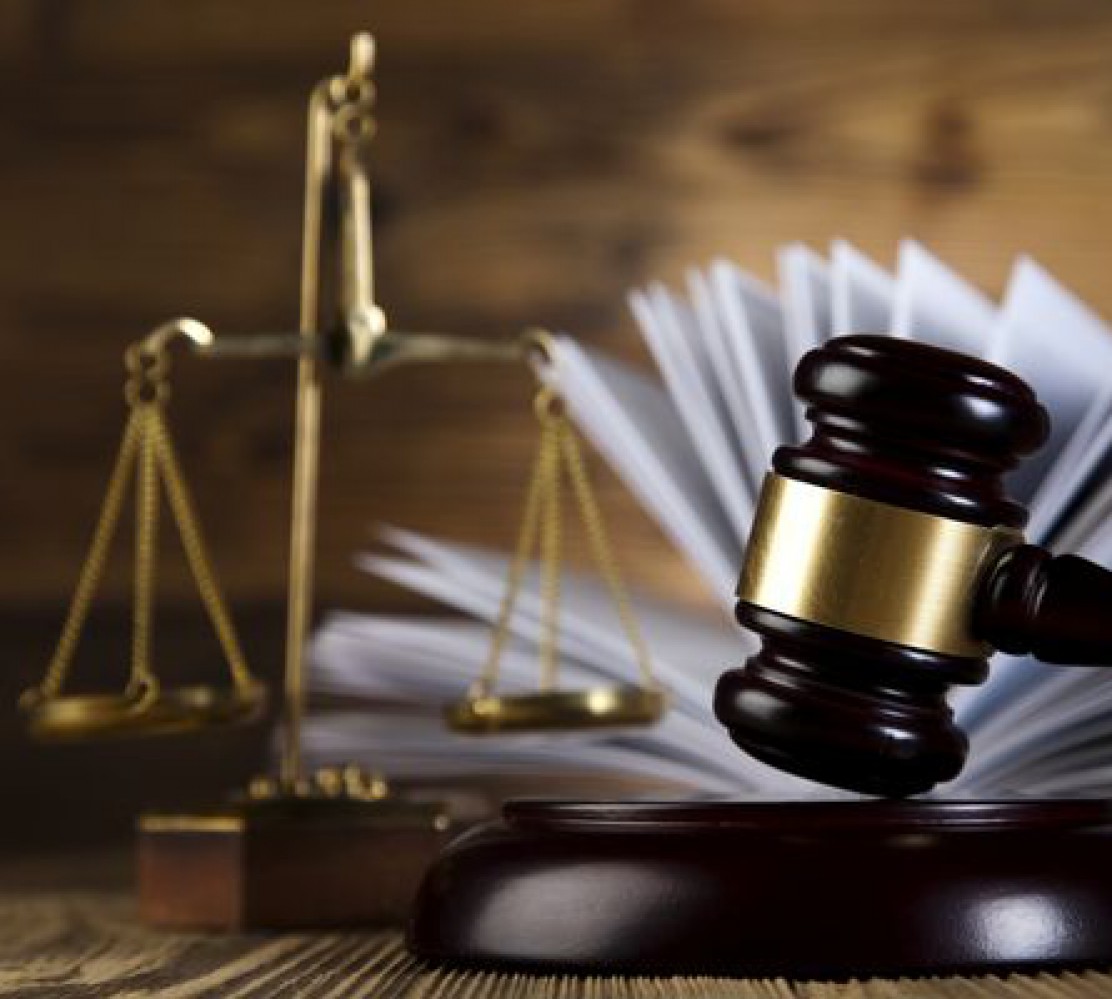Source : Concord Monitor News
By : ALLIE MORRIS
Category : Bail Bonds in Sanford , Seminole County Bail Bonds

Mental health patients’ emergency room detainment raises legal issues
In a highly unusual move, a judge asked the New Hampshire Supreme Court to opine on whether holding patients in emergency rooms for weeks while they wait to be involuntarily committed to the state psychiatric hospital violates the law or patients’ constitutional rights. “This case presents issues of significant statutory and constitutional dimensions,” Judge Edwin Kelly, who heads the circuit court division, wrote in a filing last November. In a one-page order issued a month later, the court declined to take it up. But advocates say the legal question is only gaining importance as the waitlist to get into the state-run New Hampshire Hospital steadily rises. The list hit a record high last week when 68 people in psychiatric crisis sat in emergency rooms statewide waiting for treatment. Many patients are held there involuntarily and can go days or weeks in hospital holding rooms without any opportunity to challenge the decision in court.
“It is concerning to me,” said Gilles Bissonnette, legal director at the American Civil Liberties Union of New Hampshire. “As Judge Kelly articulated in his order, you have people being detained who are not immediately having access to a judge, and immediately having access to a lawyer.” At issue is the state law governing involuntary commitments, which was written at a time when no one envisioned long waits for treatment, advocates say. Almost all patients sent to the state hospital are involuntarily committed, meaning doctors have deemed them a danger to themselves or others. Once an involuntary determination has been made in the emergency room, the patient can’t be released until a bed opens at New Hampshire Hospital. Since the wait can be days, or weeks, emergency rooms have effectively become psychiatric detention centers, some say.
Kelly’s questions to the court hinged on how the term “admission” is interpreted. State law requires any involuntary psychiatric patient get a probable cause hearing within three days of admission. In practice, the 72-hour clock starts once a patient has been admitted to New Hampshire Hospital, not the emergency room. It means patients can be held in hospital rooms for days or weeks without seeing a judge. Kelly questioned whether that could “violate the constitutional right to liberty and due process under the NH and U.S. constitutions.” In three cases cited in Kelly’s petition, the patients, identified by only their initials, waited in emergency departments for 14 or 15 days before getting to New Hampshire Hospital. The earliest that one of them saw a judge was 17 days after being approved for involuntary emergency commitment.
One patient, identified as T.D., firmly and repeatedly requested to be discharged, Kelly wrote. The patient didn’t get a hearing until 18 days after he went into an emergency room and was issued his first certificate for involuntary emergency admission, Kelly wrote. Andrew Dixon, who has a mood and a thought disorder, was brought to the emergency room in Rochester last year after he became aggressive and suicidal, his father said. After being approved for involuntary commitment, the 23-year-old spent two weeks in a 10-by-10-foot room at Frisbie Memorial Hospital waiting for a bed at the state hospital. “At least in a jail stay he would know the number of days and know when he was getting out,” said John Dixon, Andrew’s father. “There he had no idea, he was completely at the will of the system.” The situation is straining emergency rooms that have to take on the responsibility of housing patients. Concord Hospital’s so-called Yellow Pod, a holding area in the emergency room for psychiatric patients, has security on hand and doors that can lock.
“We can hold somebody against their will,” said Peter Evers, CEO and president at Riverbend Community Mental Health Services. “It’s a nightmare situation if you think about it.” Once patients have been approved for involuntary commitment, state law says they should “immediately” be taken to New Hampshire Hospital or another psychiatric unit approved by the state. In 43 percent of 2015 involuntary commitment cases, the patient was not transferred immediately to New Hampshire Hospital or other certified facilities, Kelly wrote. “The court was troubled by the delay in delivering these patients to a receiving facility,” Kelly wrote. “There is no construction of the word ‘immediately’ under which a delay of 14-15 days could apply.”So-called psychiatric boarding has drawn court challenges in other states. In 2014, the Washington state Supreme Court ruled the practice unlawful. No one appealed the New Hampshire Supreme Court decision, leaving it an open question about what happens next. Kelly declined to comment for this story.
Read More : concordmonitor.com/judge-asks-superior-court-whether-psychiatric-boarding-violates-rights-8303741




















